Over the years dealing with cancer patients, I come to realize that to know the truth you need to see and search for truth yourself. Don’t expect everything to be served on a silver platter for you. Don’t have the misconception that the final decision you made (based on what you “like or don’t like”) would be the best and right decision you have made.
In my case, I have made my final decision, based on my own personal beliefs and practical experiences. I know that there is no such thing as a right or wrong decision. With due respect, I follow what my heart says not what others around me say or want me to do.
When I had the fall, my 2 children wanted me to be treated in Singapore. I did not want to argue with them. My two loving children wanted to take care of me – so that is the only reason why I came to Singapore!
At first, we were very concerned about my newly discovered diabetes. According to MedicalNewsToday (https://www.medicalnewstoday.com/articles/317074#is-it-curable)
- No cure for diabetes currently exists, but the disease can go into remission.
When diabetes goes into remission, it means that the body does not show any signs of diabetes, although the disease is technically still present.
- A person with type-2 diabetes can make relatively simple lifestyle and dietary adjustments to bring their blood sugar levels back into the natural range.
- Dietary intake and obesity both play a critical role in developing type-2 diabetes. As such, people can reverse the symptoms of type-2 diabetes by adhering to specific lifestyle changes – improving their diet and exercise regimen.
(Note: Can this is an empty dietary advice? For the past 25 over years, I have been on a “healthy diet” like above. We don’t take sugar! There is NO sugar in my house! I spent at least an hour a day exercising. Thirty percent of my daily diet consists of fruits and vegetables.
My Final Words – Medical Costs
A total of 7.5 days in 3 hospitals cost my family RM 51,963. In addition, a similar amount for the follow-up surgery. So, it needs RM100,000 plus, just to repair the damage caused by a simple fall in the early morning of June.
You may wish to ask if this cost is cheap or expensive? Is it worth? I would NOT try to answer this question!

As I was writing this article, a friend forwarded me an article written by Fina Leong, a daughter of a Singaporean lady who had cancer. Read carefully what she wrote:
- At the end of the day…there are a ton of what ifs and grey areas. What is right? What is wrong?”
- 10 doctors,
- 58 days in the ICU,
- SGD1,018,469.29 medical bill,
- SGD350,000 in medication,
- Over a thousand doses of drugs.
- I felt so helpless when mum’s kidneys failed.
- Looking back, it is all a lack of the right knowledge that cost my mum’s life.
- The painful unknown is … whether we did the right thing … to send mum (for suchtreatments).
Read more: HEALTHCARE OR NIGHTMARE https://www.youtube.com/watch?v=smdPx8UuFbg&t=72s https://theindependent.sg/healthcare-or-nightmare-one-singaporeans-s1-million-medical-bill/
As for my case, the doctors prescribed me many drugs, 5 of them have toxic side effects.
- My concern is how are these supposed to help me?
- What happen if I turn out to be an unfortunate victim of those side effects?
- Are we here for real or in the business of selling drugs?
Now the truth is: I am off these medications, and my situation has improved after the surgery. How long can I last? No one knows! But this I know. I don’t want to be another Fina Leong.
My sincere apology: I have written 7 articles on my hospital experiences. Most of you may conclude that I am a very fussy and difficult patient. I do not want to dispute that, but I wrote all these to share my own experiences with you all.
I am not trying to be difficult – I went into the hospital to get help, and I must be out of my mind trying to pick a “fight” with the very people who were trying to help me to get well. My problem is I have read far too many books written by medical experts themselves, and I am made aware of the many dangers which many people do not know about.
For example, read what Dr. Richard Smith, former Editor-in-Chief of the prestigious British Medical Journal wrote. I have great respect for this man.
- Science can be corrupted in order to advance particular argument and how money, profits, jobs and reputation are the most potent corrupters.
- Many people are killed by the industry … indeed hundreds of thousands are killed every year by prescription drugs.
- The benefits of drugs are exaggerated … the drug industry has systematically corrupted science to play up the benefits and play down the harms of their drugs.
- The industry has bought doctors, academics, journals, professional and patient organisations, university departments, journalists, regulators and politicians. These are the methods of the mob (or mafia).
Here are more quotations for you to reflect on.
- Hospitals can be dangerous places – protect yourself at all times ~ Edward Creagan, Mayo Clinic cancer specialist (in: How NOT to be my patient).
- (Our) perception of a hospital is that it’s a safe place … we are surrendering ourselves to the loving care of substitute mommies in an all-protective environment where we will be treated for a disease and make well again. The reality is that hospital-related errors in treatment kill an estimated 180,000 Americans each year and injure hundreds of thousands more ~ Sheldon Blau, professor of medicine, SUNY Stony Brook (in: How to get out of the hospital alive).
- Robert Medelsohn said:

When I first read the opening pages of this book, I was taken aback. I wondered if I was reading the correct book. The author, Dr. Robert Mendelsohn was a senior medical doctor – known to millions of Americans. He was an associate professor at the University of Illinois Medical School and the director of Chicago’s Michael Reese Hospital. He was also chairman of the Medical Licensure Committee of the state of Illinois. Read what he wrote.
- I believe that …the greatest danger to your health is the doctor who practices modern medicine…
- I believe that more than ninety percent of Modern Medicine could disappear from the face of the earth – doctors, hospitals, drugs and equipment – and the effect on our health would be … beneficial.
- I believe that modern medicine’s treatments for diseases are seldom effective and that they’re often more dangerous than the diseases they’re designed to treat.
Be aware of the following:
1) Beware that you may be used for purposes other than your own. You may be subjected or asked to undergo certain procedures for the doctor’s own good.
2) Beware of the doctor’s self-interest.
3) If you are given drugs to take, ask questions and study the side effects of the drugs. Take note that there are numerous documented side effects related to the drugs. Dr. Mendelsohn asked: what kind of person will take that drug after reading the information?
Unfortunately, many of us feel helpless. We are frightened to death. In haste, we just don’t think long or far enough. We swallow anything that is given to us. We do not have the slightest inkling of what these chemicals are going to do to us.
4) Dr. Mendelsohn gave this amazing advice, If you are sick … your first defense is to have more information about your problem … You’ve got to learn about your disease and that’s not very hard. You can get the same books the doctor studied from. Read them. It is most likely that after reading you will be more informed than the doctor himself.
5) Dr. Mendelsohn said, Ask the doctor questions. In some cases, he’ll answer the questions. That’s the rare exception. It seems that doctors are extremely busy people and if you ask too many questions, he may just throw you out of his office.
Patients told me these were what they got if they asked too much: Why do you want to know so much? I am doctor or you are the doctor?
Dr. Mendelsohn said, Ask questions anyway. From his attitude and his response, you can judge him as a human being and get an idea of his expertise.
6) This advice is indeed hard to swallow. Dr. Mendelsohn said – Doctors in general should be treated with about the same degree of trust as used car salesman. Whatever your doctor says or recommends, you have to first consider how it will benefit him.
Make no mistake these words came from an experienced and senior doctor – chairman of the Medical Licensure Committee of the state of Illinois. The privilege was his to say. In his book he even said that if you don’t like the drug prescribed but you still need to be goody-goody with your doctor, then dump the drugs in the waste chute on the way home!
Some of you may want to accuse me of having evil motive by trying to “bad mouth” the doctors and the medical profession. No, I am sharing what I know with those who want to know! If you don’t want to know – it is ok.
As I am writing this, 13 August 2024, K. Parkaran posted a report in FMT – Private hospital called out over questionable consent, billing. https://www.freemalaysiatoday.com/category/nation/2024/08/13/private-hospital-called-out-over-questionable-consent-billing/#:~:text=been%20diagnosed%20 with%20a%20medical%20condition%20that%20could
Right on the dot! You don’t want to go to such surgeon no matter how good or famous he is.
On the other hand, I was indeed blessed to be able to meet a very compassionate and caring surgeon to operate on me. He was humble and honest and was prepared to answer all my questions. He did not “push” me to go for surgery. He left it entirely to me to decide. Thank you again doctor!

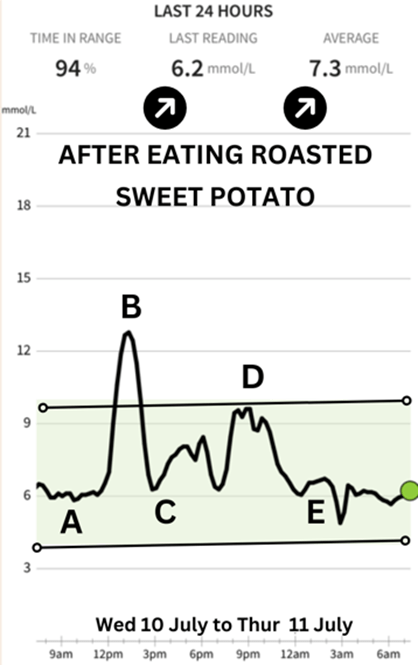

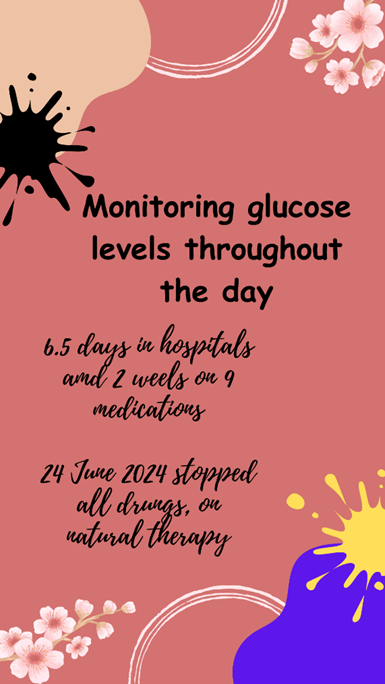

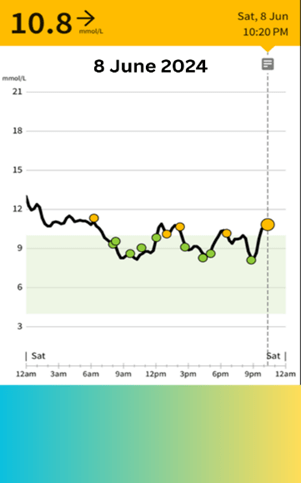


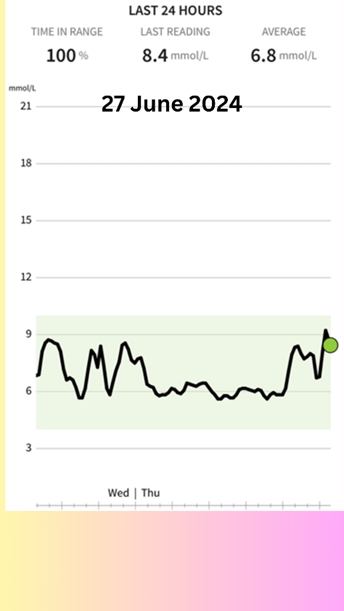


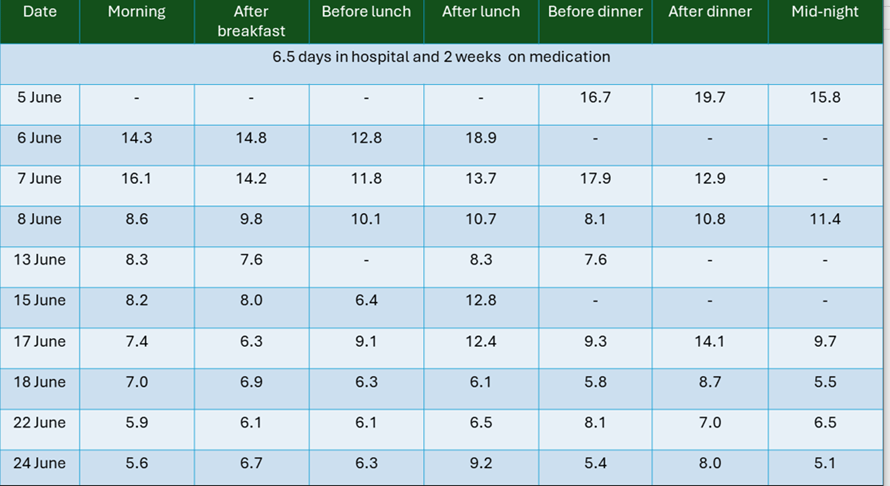
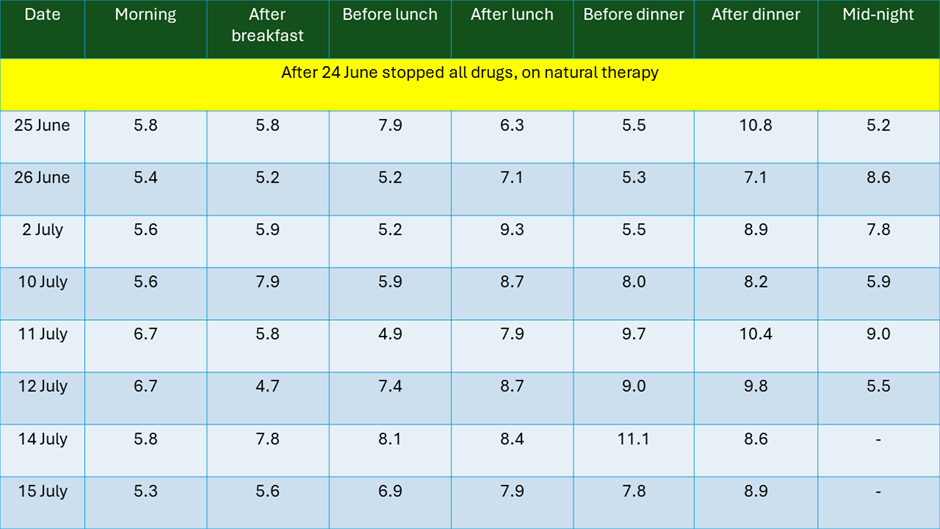

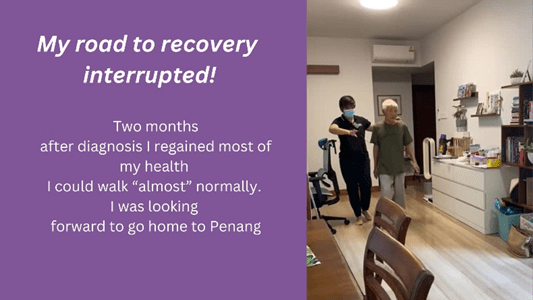

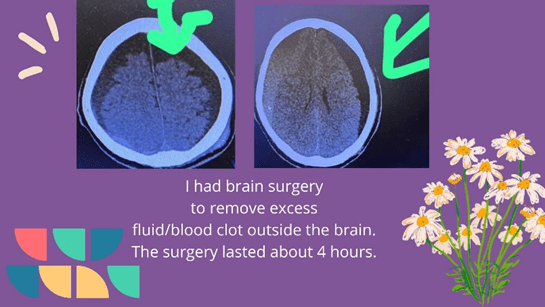


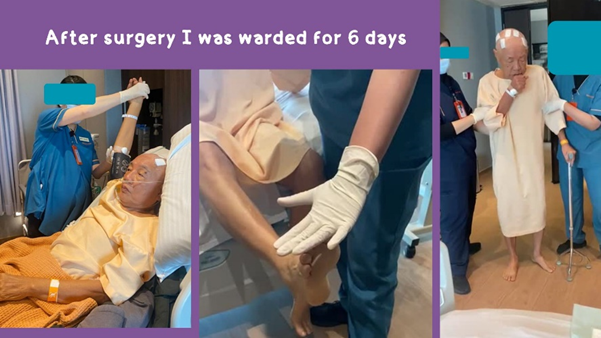



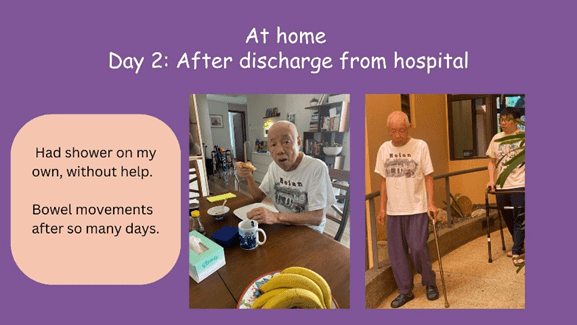

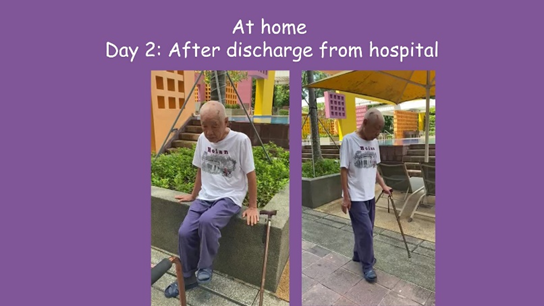
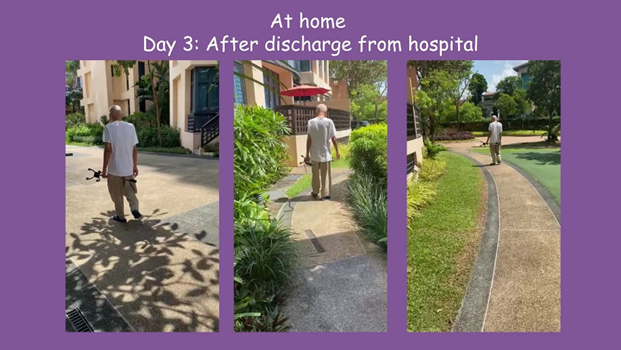


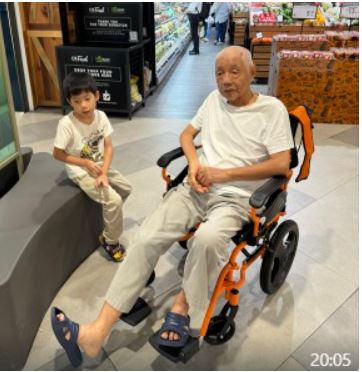

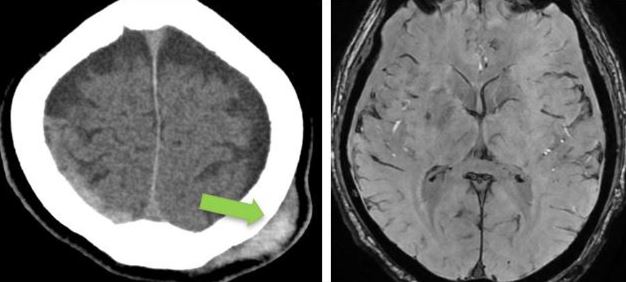
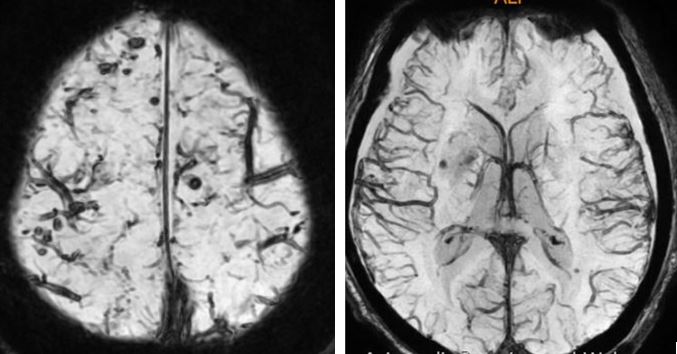

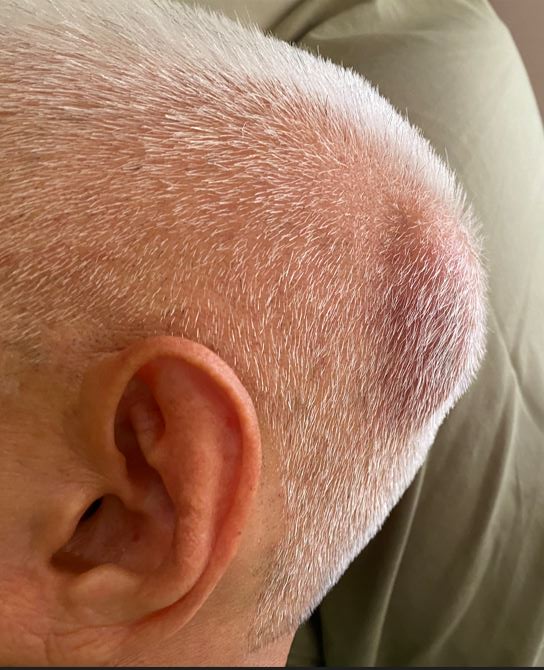











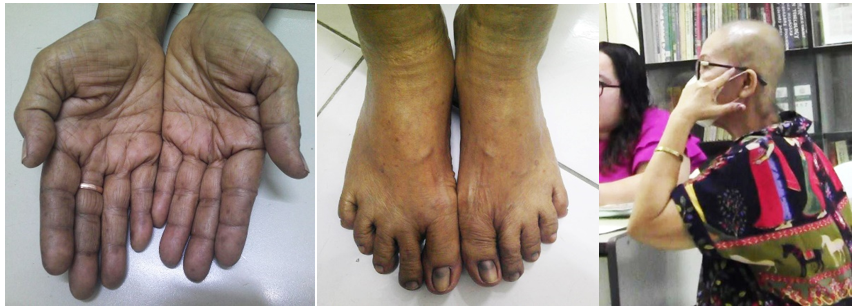


You must be logged in to post a comment.